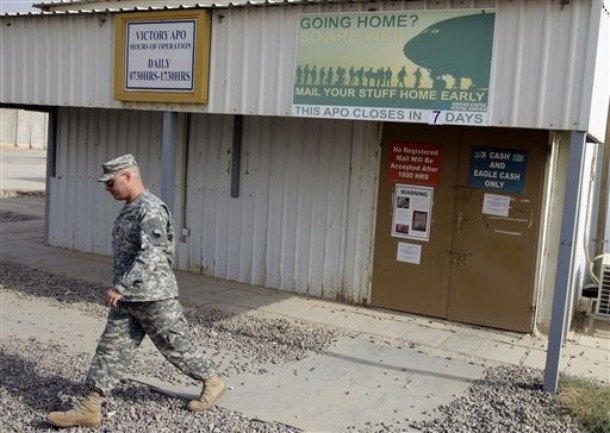President Obama’s announcement that the US troop presence in Iraq will come to an end in December sparked a debate not only over the wisdom of the decision but also the capacity of the Iraqi military and police to maintain law and order in the country. While security threats do pose a significant danger to Iraq’s democracy and rightfully receive considerable attention, they do not pose the only threat – or perhaps even the most dangerous.
In the year that Arabs throughout the region demand freedom, liberty, and accountable governance, Iraq’s nascent democracy, once thought by some as a possible model for the region, may be in reverse.
Prime Minister Nuri al-Maliki and his government have undertaken an extensive campaign to muzzle criticism and dissent. Earlier this year, government forces raided the Journalistic Freedoms Observatory, a media advocacy group, hauling away various documents, recordings, and computer hard drives. Additionally, reporters covering a large protest in the spring were arrested, some even beaten, and had their cameras and notebooks taken away. More chilling, the recent murder of prominent journalist and radio show host Hadi al-Mahdi is the latest in a string of mysterious deaths amongst journalists and prominent critics of the government. Even government officials may not be safe. Sabah al-Saadi, an independent MP, is expected to have his parliamentary immunity revoked by vote of Parliament, after which the government may arrest him for his criticism of the prime minister.
Iraq’s political system already has serious flaws, many of which have been outlined in a recent and aptly titled International Crisis Group report (“Failing Oversight”) that, among other things, highlights rampant and political control over supposedly independent government watchdogs. The crackdown on dissent only serves to exacerbate the problem, discouraging political opposition without which it is near impossible to have an effective, functioning democracy.
It is thus no surprise that Maliki has been derided for having authoritarian tendencies. Saddam Hussein may be gone, but it seems the new leadership has adopted his penchant for top-down control and low tolerance of dissent. Given the lack of any experience in democratic governance, it is perhaps understandable that the government and bureaucracy will act and operate in the only way they know. Orders come from the top and the civil servants follow. Of course, Maliki is certainly not Saddam, or anything remotely close; however, his response to criticism and public demonstrations are not that of a prime minister leading a democratic state and are of great cause for concern. Iraq’s fledgling democracy could very well be at risk.
No one expects Iraq’s democracy less than eight years since the fall of Saddam to resemble those of the more established democratic nations around the world, but it is important that progress is made towards that end. Simply having an elected government with institutions that resemble those of democracies is not enough; democratic governments with authoritarian tendencies are still authoritarian. Protection of basic liberties and an independent government oversight apparatus are good places to start. Iraqi citizens must feel represented by their government and as such freedom of speech and freedom of the press must be protected and preserved; a government that operates according to its laws and constitution is fundamental to that end.
Yuvaraj Sivalingam is with the Council’s Rafik Hariri Center for the Middle East.
Image: iraqapo.jpg
